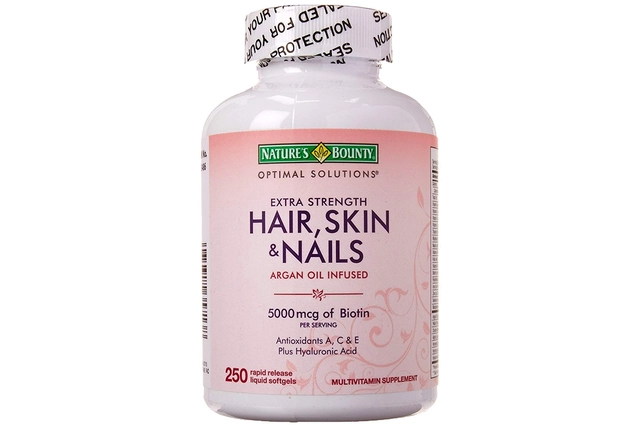Yeast Infection: Causes, Symptoms, and Effective Treatments
When dealing with yeast infection, a common fungal condition caused mainly by the overgrowth of Candida species. Also known as candidiasis, it can affect skin, mouth, or genital areas, often triggering itching, discharge, and irritation. Candida albicans, the most frequent culprit behind these infections thrives when the natural balance of vaginal health, or other moist body sites, is disrupted, such as after a course of antibiotics. The condition usually requires antifungal medication, drugs like fluconazole, clotrimazole, or miconazole that directly target fungal cells to restore balance. Yeast infection encompasses Candida overgrowth, and effective treatment requires antifungal medication that attacks the fungus while sparing human cells.
Risk factors read like a checklist: high‑sugar diet, tight clothing, hormonal changes, and especially recent antibiotic use, which can wipe out beneficial bacteria that keep Candida in check. When the protective lactobacilli dip, Candida gets a free pass to multiply. Many people notice symptoms a few days to weeks after finishing a prescription, which is why doctors often ask about recent meds during diagnosis. Diagnosis is simple—visual exam, lab culture, or an over‑the‑counter test kit can confirm the presence of fungal elements. Over‑the‑counter creams and suppositories provide quick relief for mild cases, but prescription‑strength pills offer a more reliable cure for recurrent or severe infections. Lifestyle tweaks—like swapping sugary snacks for low‑glycemic options, wearing breathable cotton underwear, and using gentle, fragrance‑free soaps—support the medication’s work and reduce the chance of a comeback.
Prevention is a blend of habits and occasional boosters. Probiotic foods such as yogurt, kefir, or fermented veggies help repopulate good bacteria, reinforcing the body’s natural defenses. Some clinicians recommend a short probiotic supplement after finishing antibiotics to re‑establish balance. Keeping the affected area dry, changing out of wet clothing promptly, and avoiding douching or scented feminine products also cut down irritation that can invite fungal growth. For those prone to repeats, a maintenance dose of a low‑strength antifungal taken once a week can keep Candida at bay without significant side effects. Understanding how Candida, antibiotics, and vaginal health intersect empowers you to spot early signs and act fast, turning a frustrating condition into a manageable part of your health routine.
Below you’ll find a curated collection of articles that dive deeper into specific medications, buying guides for affordable generics, and detailed comparisons that can help you choose the right treatment for your situation.




